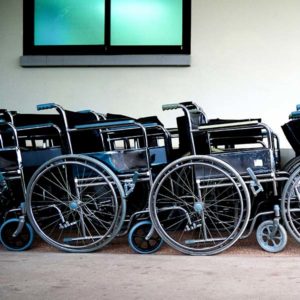
Medical Research and Global Health Equity: A Conversation with Industry Leaders
How can research organizations, corporations, and not-for-profit funding entities ensure that intellectual, monetary, and therapeutic health resources are distributed equitably on a global scale? Our featured speakers address the current challenges facing internationally focused work across sectors and industries related to healthcare solutions.




